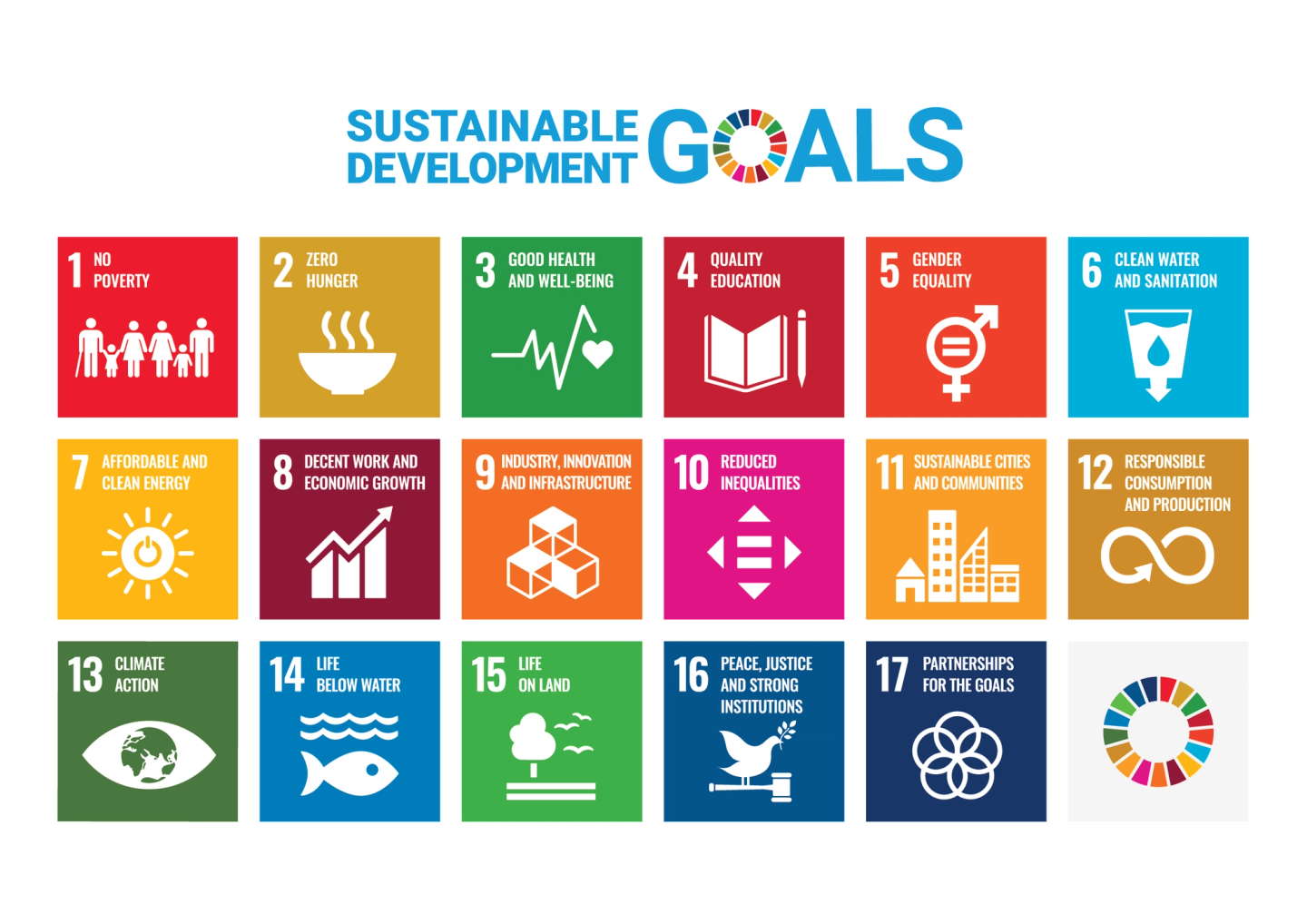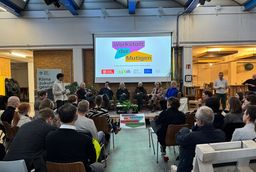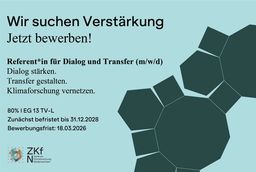Further development of the German Sustainable Development Strategy
- March 6, 2025
- 2 min. Reading time

On 17 February 2025, the Federal Cabinet approved the further development of the German Sustainable Development Strategy. Entitled ‘Transforming together, fairly’, the 179-page paper ties in with the 2021 Sustainable Development Strategy. The further development aims to achieve the objectives of the Agenda 2030, which calls for the achievement of 17 Sustainable Development Goals (SDGs) by 2030. The United Nations adopted the Agenda 2030 in 2015. To achieve these goals in the next five years, it will be necessary to intensify and accelerate existing measures at the national and global level. The further development of the sustainability strategy also provides the necessary guidelines for effectively implementing climate protection and sustainability in the future and thus achieving the goals of the Agenda 2030, in view of the currently dominant topics of national and international politics.
The priorities of the strategy
The three priorities of the strategy in the area of climate protection and climate adaptation are the gradual reduction of greenhouse gas emissions to achieve greenhouse gas neutrality by 2045, the strengthening of the social dimension of sustainability and the creation of sustainable prosperity through innovative and sustainable economic activity. In addition, the revised sustainability strategy focuses on six transformation areas with great potential for action, which were also addressed in the first edition of the strategy from 2021:
- Human well-being and capabilities, social justice
- Energy transition and climate protection
- Circular economy
- Sustainable building and transport transition
- Sustainable agriculture and food systems
- Pollutant-free environment
Social justice in focus
A particular focus of the German Sustainable Development Strategy is on social justice. According to the Agenda 2030, social inequalities and discrimination should be reduced and equal opportunities as well as fair education and working conditions should be created.
The Sustainable Development Strategy identifies five levers that can accelerate the achievement of the German Sustainable Development Goals:
- Governance
- Social mobilisation and participation
- Finance
- Research, innovation and digitisation
- International responsibility and cooperation.
Our contribution to the sustainability strategy
As interdisciplinary and transdisciplinary research projects, the Climate Future Labs and the Lower Saxony Centre for Climate Research make an important contribution, particularly in the area of ‘research, innovation and digitalisation’. Among other things, the research conducted by the Climate Future Labs contributes to strengthening the climate resilience of cities and forests and explores solutions for a socially just climate future. Thanks to their interdisciplinary and transdisciplinary research approach, they involve many different climate stakeholders in the research process.
For further development of the sustainability strategy on the part of the federal government:
https://www.bundesregierung.de/breg-de/aktuelles/deutsche-nachhaltigkeitsstrategie-2025-2332540
More Posts
All
Taking a holistic approach to climate adaptation in cities
Interview with UMEX-HOPE speaker Prof. Dr. Björn Maronga
7 min. Reading time
Big visions, but quick small steps
Social sustainability arises when different actors take responsibility, act together, and combine big visions with concrete, small steps.
4 min. Reading time
Job opening at the ZKfN
The ZKfN is looking for a dialogue and transfer officer to strengthen the exchange between science and society in climate and climate research in Lower Saxony.
1 min. Reading time